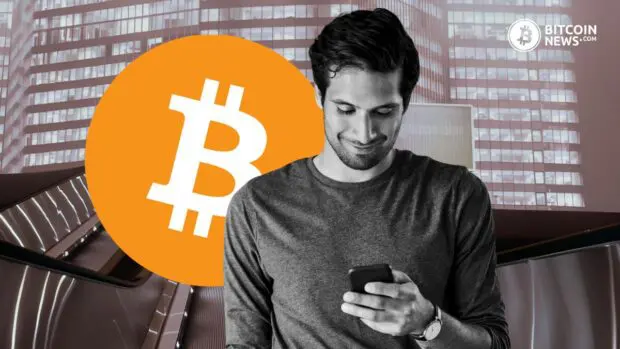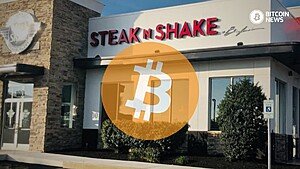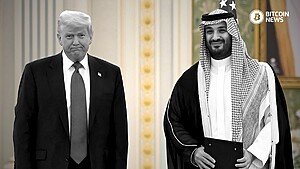Financial independence and self-sufficiency are increasingly prized, and with Bitcoin, the ability to be your own bank is an empowering reality. People can finally bid farewell to the traditional financial behemoths they were once forced to entrust with their money. No more being nickel-and-dimed by the exploitative tactics of fiat systems controlled by central powers.
Related reading: Satoshi’s Ark and The Fiat’s House Of Cards
Be Your Own Bank: Why It Matters
Unlike banks that create money out of thin air through fractional reserve lending, Bitcoin’s monetary supply emerges from a transparent process of computational work, solidly grounded in mathematical principles rather than smoke and mirrors. Its 21 million coin supply cap is an inviolable economic policy set in digital stone by the protocol’s code. Accept and run this open-source software, and you can freely transact on a decentralized peer-to-peer network, no permission required.
However, wielding this financial freedom brings weighty responsibilities. Mismanage your private keys, and there’s no recourse — your life’s savings can vanish irretrievably into the cyber abyss with no insurance to recover it. But the siren call of true economic self-sovereignty is undeniable for many, offering a potent mix of autonomy and smug satisfaction in mastering an arcane currency, unshackled from the conventional chains of debt servitude.
Why Decentralization Matters
Mandating third-party intermediaries to facilitate transactions is an anachronistic and inefficient paradigm. In an ideal system, no entity beyond the two counterparties to a trade should be privy or able to interject, unless expressly requested by both parties. Financial dealings and personal data should remain an exclusive conduit between the transacting peers. Bitcoin’s decentralized architecture elegantly obsoletes many of these gratuitous centralized chokepoints.
Related reading: Decentralization Is The Innovation
Commanding Your Cryptographic Kingdom
The journey to becoming your own bank begins with securing a Bitcoin wallet, a fortress for your digital treasure. With public and private key encryption the need for traditional lenders will slowly evaporate like morning mist, leaving society to revel in the unbridled power of peer-to-peer payments. The narrative of banks being allowed to create money from thin air will continue to be called out until it is fully obsolete.
There is a better way than money by decree. Bitcoin represents a fundamental paradigm shift; a call to reassert ethical monetary principles. Its issuance adheres to an uncompromising physical reality governed by thermodynamics, not the capricious proclamations of fallible human authorities. Each coin is immutably forged through proofs-of-work, emerging into existence only after externalized energy expenditure.
This is money democratized, a decentralized disruptor to the stratified caste systems of the past. A fair, universally accessible monetary ecosystem where value emanates through meritocratic competition — the most equitable system for wealth creation and distribution yet conceived by the human mind.
Permissionless Growth, Not Debt Servitude
For many, self-banking offers an exhilarating sense of emancipation that is profoundly intoxicating. For others operating in the outdated fiat financial system, it’s an economic necessity to circumvent the labyrinthine debt traps that endlessly leach away prosperity.
Thanks to encryption and private key cryptography, we’re poised on the precipice of a brave new world of disintermediated digital value transfer. No longer beholden to banks and financial advisors acting as turnkeys to economic opportunity, we can architect our own fortunes through self-sovereign money like Bitcoin.
The path of the self-banker is fraught with challenges requiring immense responsibility. But those who successfully navigate this frontier will be rewarded with the ultimate treasure: a future of true financial freedom and individual control over their economic destiny.










